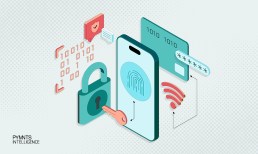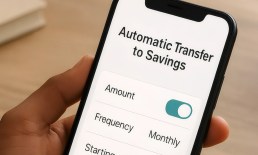In many ways, life looks as if it’s back to normal throughout much of the United States. Restaurants have reopened, live events are back and people are reconnecting with friends and family. However, there are many parts of consumers’ lives that may never return to the way they were before March 2020. For instance, having grown accustomed to the flow of working from home, many people who previously spent the entire workweek in the office are now sticking with a remote or hybrid model. With this shift in routines, Panera Bread is adapting its catering business to this new normal.
Given that the bulk of these catering orders come from businesses and educational institutions, CNBC reported, the company is adding options for these institutions to cater events in which attendees will participate remotely. The Virtual Events option allows companies to easily order catered meals to be sent to people’s homes, billing the event organizer.
“When you have certain people coming in on certain days and some people not coming in at all, how do you maintain that culture, collaboration, relationship?” asked Chris Correnti, the company’s senior vice president of off-premise channels.
The program is available to members of the chain’s loyalty program, MyPanera. Additionally, Forbes reported, another feature, Panera Day at Work, allows workers to each order their own food through their company, getting a group order discount. Currently, 250 companies are taking advantage of this program.
Programs such as these could be key to catering businesses’ success going forward. Data from the PYMNTS study The New Digital Consumer: How the Pandemic Has Reshaped Consumers’ Shopping found that 39 percent of consumers have shifted from working in an office to working from home, and 83 percent of these workers intend to keep doing their jobs from home at least somewhat as often as they do now, even once they are allowed to return to the office.
“We’re watching and evaluating the changing needs of our customers. Catering is super important for Panera. The good news is that we’re seeing it come back, but not in the way prior to the pandemic,” Correnti told Forbes. “It’s a new world, and work has changed. That means finding a way to cater to traditional, hybrid and remote workers.”
Advertisement: Scroll to Continue
Both of these programs blur the lines between catering and the traditional restaurant experience, as across food categories, previously distinct routines are running together, forming one connected eat pillar. As Karen Webster wrote in a recent story on how consumers behave in today’s connected economy, “Eat is a new ecosystem that reflects how businesses and people use connected devices, apps, payments and other technologies to satisfy the consumer’s very basic need to get and consume food.”
Quick-service restaurants (QSRs) that have catering businesses are just starting to see orders come back, adapting their digital presence to facilitate this return. As Panera integrates catering into its loyalty program, Moe’s Southwest Grill recently spoke with PYMNTS about how its desktop site is helping consumers order for events, while its mobile app is designed for individual orders.
Plus, it is not only restaurants that are adapting to bring catering into the 2020s. Boston-based catering marketplace ezCater recently announced its Relish Flex program, which enables companies to incentivize returning to the office with individually ordered meals from participating restaurants. Businesses can set a range of different parameters on subsidies.
As the company grows, it prioritizes building loyalty above speed to make its innovations stick in the long-term. As ezCater Co-founder and CEO Stefania Mallett told Webster in a 2019 interview, “Even if it’s just a handful of customers who are rabidly loyal, who would scream and come picket [at] your house, and throw things in the air if you took their services away, then you know you have a business.”
Read More On Panera:




